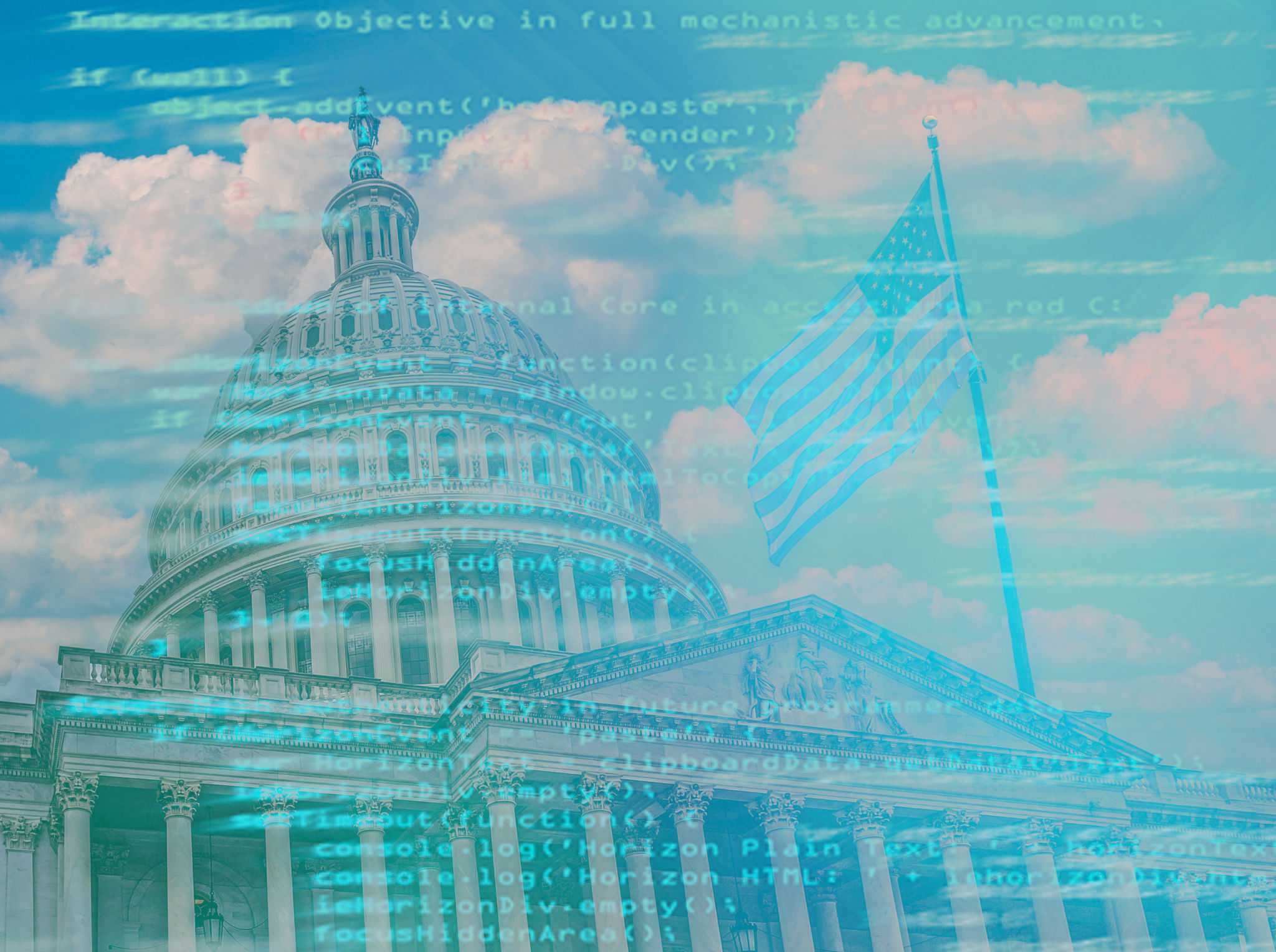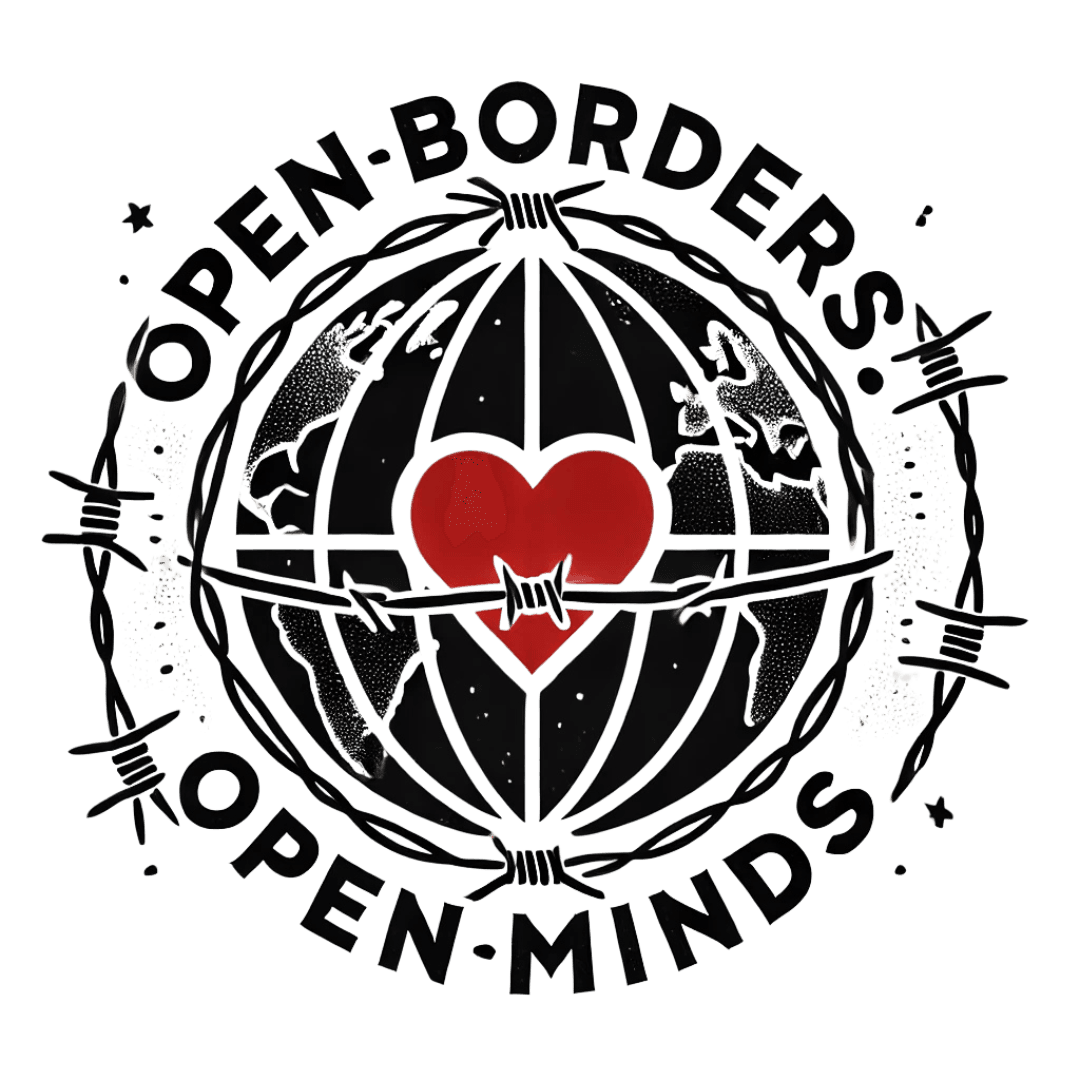Open Borders and Immigration: Navigating the Complexities
Understanding Open Borders
The concept of open borders is a subject of significant debate in contemporary politics and society. Open borders refer to a policy where countries allow the free movement of people across their boundaries without extensive restrictions or checks. Proponents argue that this approach can lead to economic growth, cultural exchange, and innovation, while opponents raise concerns about security, resource allocation, and cultural identity.
One of the primary arguments for open borders is the potential for economic benefits. By allowing a free flow of labor, countries can address workforce shortages and fill gaps in various industries. This increased labor supply can lead to higher productivity and innovation, ultimately boosting the economy.

The Role of Immigration in Society
Immigration plays a crucial role in shaping the cultural and social landscape of nations. The movement of people across borders leads to a rich tapestry of diverse cultures, traditions, and ideas. This cultural exchange can foster greater understanding and cooperation among different communities.
However, it is essential to navigate the complexities of immigration policies to ensure that the benefits are maximized while minimizing potential challenges. Effective integration strategies are necessary to help immigrants adapt to their new environments and contribute positively to society.

Challenges and Concerns
Despite the potential advantages, there are several challenges associated with open borders and immigration. One significant concern is national security. Critics argue that open borders could make it easier for criminal elements or terrorists to enter a country undetected, posing a threat to public safety.
Resource allocation is another critical issue. An influx of immigrants can strain public services such as healthcare, education, and housing. These pressures may lead to increased competition for resources, which can cause tensions between native-born citizens and newcomers.

Balancing Policies and Human Rights
Finding a balance between open border policies and maintaining national security is a delicate task. Policymakers must consider how to protect the rights of individuals seeking a better life while addressing the legitimate concerns of their citizens. This often involves creating comprehensive immigration systems that are both fair and efficient.
International cooperation can play a vital role in managing migration flows and ensuring that human rights are respected. By working together, countries can create a more equitable and sustainable approach to immigration.

Future Outlook
The conversation surrounding open borders and immigration continues to evolve as global dynamics change. Technological advancements, climate change, and geopolitical shifts all influence migration patterns and require adaptable policy responses.
As we look toward the future, it is crucial for nations to engage in open dialogues about the benefits and challenges of open borders. By understanding different perspectives and collaborating on solutions, societies can harness the potential of immigration while addressing its complexities.
